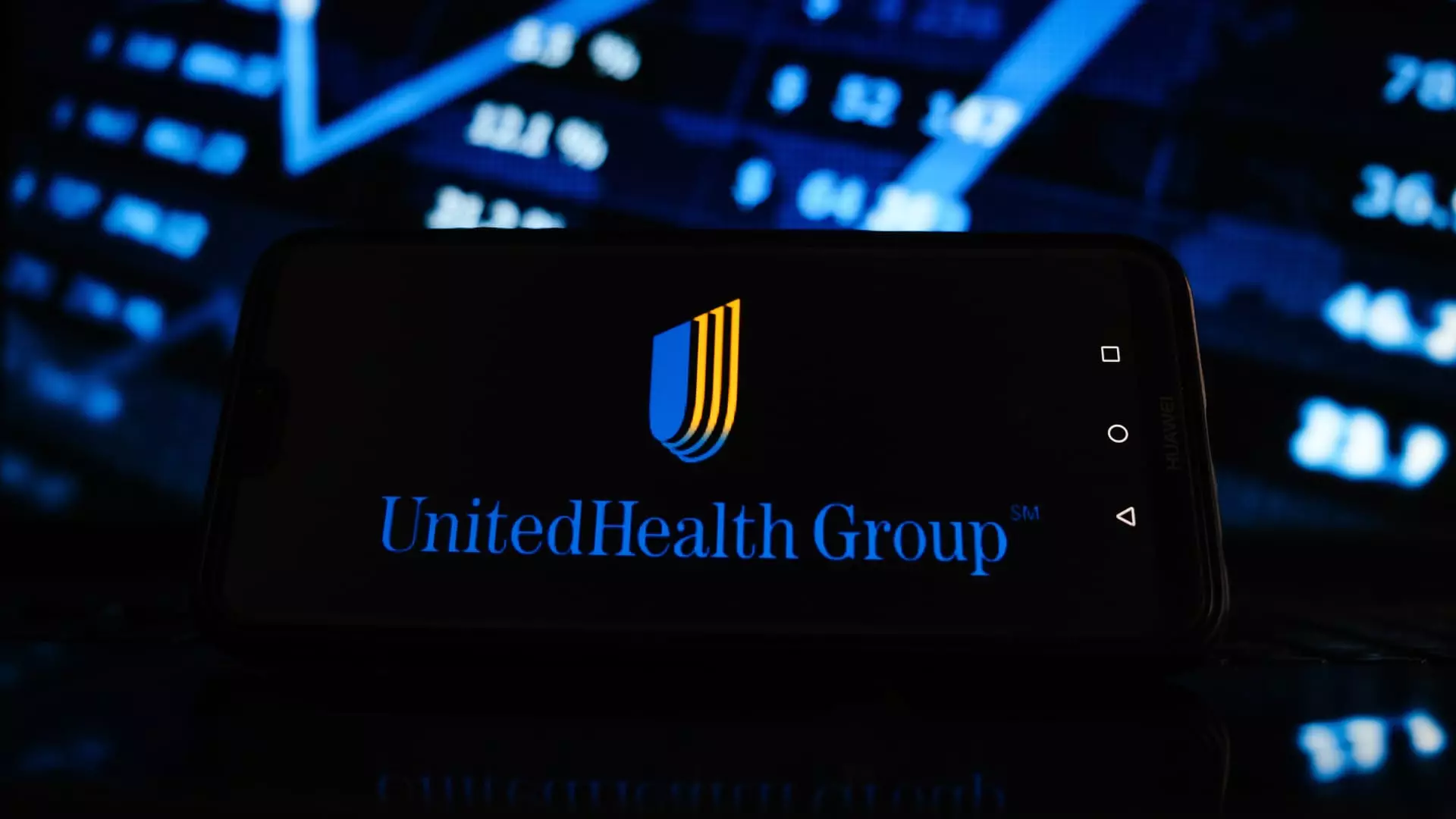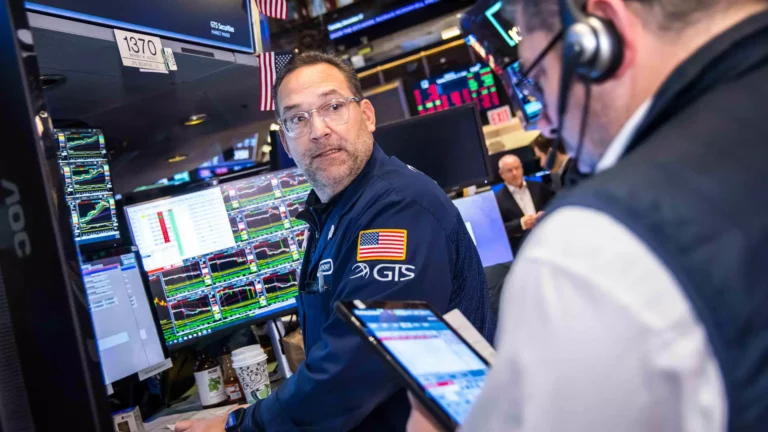5 Alarming Reasons Why UnitedHealth’s Stock May Never Recover

In the dramatic upheaval of this past week’s financial markets, UnitedHealth Group has positioned itself as the poster child for corporate mismanagement. With the stock market enjoying a jubilant upswing—thanks to optimistic government negotiations on tariffs—UnitedHealth stood out like a sore thumb. While the S&P 500 surged by an impressive 5.3%, UnitedHealth’s shares capitulated brutally, plunging to a new five-year low and showcasing an astounding decline of 23% in just one week. Such a stark contrast raises troubling eyebrows and invites speculation: what is going wrong within the health insurance giant?
As per the trends observed over the week, UnitedHealth’s situation appears alarmingly similar to financial catastrophes of the past. The key indicators—namely, the stock’s 14.9 relative strength index (RSI)—suggest an unprecedented level of overselling. Historically, an RSI below 30 signals that a stock is significantly oversold; however, UnitedHealth’s plunge feels far less like a brief dip and much more like the whisper of a coming storm. Given its RSI reading reached levels seldom seen since the 2008 Global Financial Crisis, one must contemplate whether this dramatic slump is merely the beginning of a long, arduous descent for the insurer.
The Shadow of Legal Scrutiny
What is perhaps most disconcerting is the revelation of a criminal investigation by the Department of Justice for potential Medicare fraud. When a federal entity begins scrutinizing a major player in the industry, it invites uncertainty not just for investors, but for the entire operational integrity of the business. Legal troubles have an uncanny ability to drain investor confidence, and with every headline announcing this investigation, the specter of instability looms larger over UnitedHealth.
This legal shadow isn’t merely a temporary inconvenience; it fundamentally alters how stakeholders perceive the company’s future. In an industry as sensitive as healthcare, the implications of alleged wrongdoing can ripple outward, affecting everything from consumer trust to the ability to negotiate with suppliers or healthcare providers. Consequently, the notion of a straightforward recovery for UnitedHealth appears increasingly naive when weighed against the backdrop of a criminal probe.
Investor Sentiment: A Precarious Balancing Act
Despite the grim outlook described, a faction of analysts has not entirely lost faith in UnitedHealth. Some continue to endorse the stock, brandishing a potential upside of over 64%. Yet this optimistic stance appears dangerously disconnected from the stark realities facing the company. Analysts frequently rely on data that is too static to account for acute crises, opting for an overly simplistic view in a complex financial landscape. It’s critical to acknowledge that while optimism plays a role in investment strategy, it must also be balanced with realism—something many analysts seem to overlook in their elation over short-term potential.
This disconnect is epitomized by a peculiar phenomenon in financial analysis: much of the wisdom emanating from Wall Street often fails to reflect ground-level realities. Observers of market trends may find themselves divided, but navigating the stock based purely on optimistic ratings—without considering the looming threats—can have perilous consequences for individual investors.
A Question of Trust and Future Viability
Beyond immediate financial concerns, one overarching question remains unaddressed: can UnitedHealth re-establish trust among consumers and investors alike? In an era where ethics and transparency reign supreme, the reputation of any financial entity can take years to rebuild. And while a few significant players have shown marked confidence through stock purchases, such gestures hardly negate the collective apprehension gnawing at the minds of UnitedHealth stakeholders.
Restoring credibility hinges on proactive steps to address not only halting immediate financial declines but also on implementing long-term governance reforms. Companies have repeatedly learned the hard way that merely weathering a storm isn’t enough; robust risk management strategies must be integrated into daily operations to avert future pitfalls, especially when fraud allegations hang overhead.
While short-term strategies may give some analysts hope for UnitedHealth’s resurgence, the deep-seated issues within the company suggest a far more complex reality. As UnitedHealth wanders through the tangled web of federal investigations and public scrutiny, its journey back to stability could be fraught with more peril than initially perceived. The stark reality for those invested is that the path to recovery is not only uncertain but potentially paved with more treacherous obstacles ahead.





